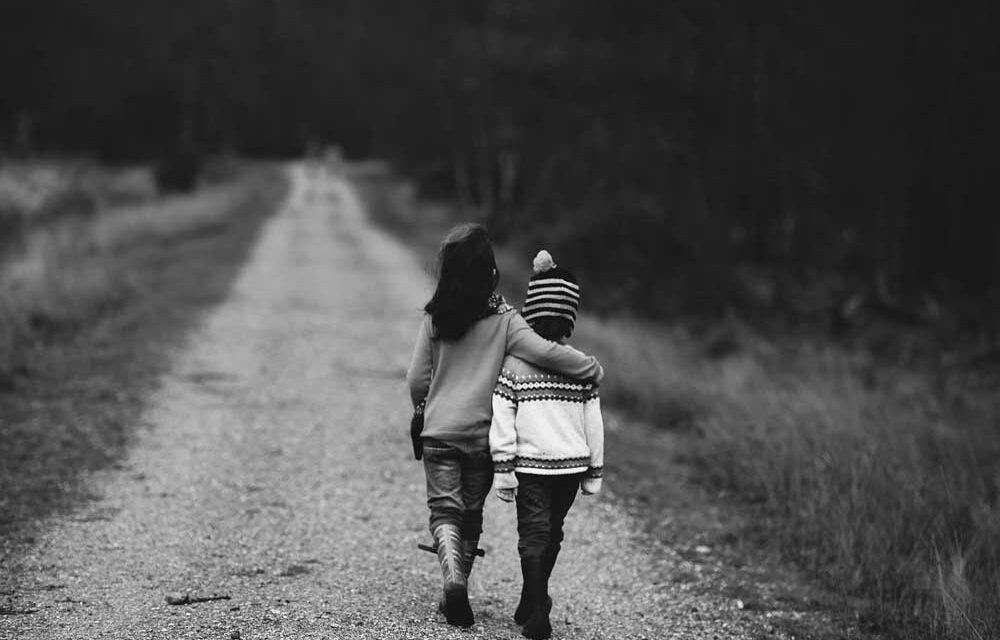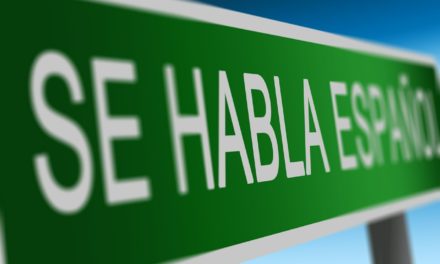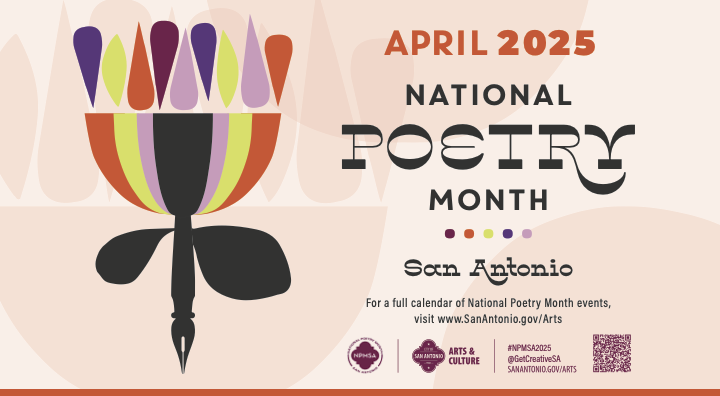As parents and guardians, ensuring the safety and well-being of our children is a top priority. In an ever-evolving world, it’s crucial to stay informed about the most dangerous challenges our children face today. What do you think are the most dangerous things facing our children today? Let’s talk about it…
Rajesh Jagtiani: “The most dangerous thing facing our children today is bad parenting.”
Mary Svetlik Watkins: “Social media and parents who see their small children as little best friends, not parent and child.”
Joshua J Rivas: “Going to school without knowing if our child is safe or not , or kids wanting to grow up so fast and doing adult things , it influences other kids to make bad choices”
Ian Ybanez: “Access to the internet in any way shape or form. The lack of parents that are wise and live through Christ. Cable television, video games, the education system and ADHD drugs.”
Lydia Curran: “Social media.”
Richard Martinez: “Woke society and human traffickers/pedophiles.”
Reyes Alicia: “Religious indoctrination.”
Beverly Brooks: “I just posted about this in general, but I think it has an overwhelmingly more significant (negative) impact on kids: government corruption, sex/human trafficking, media manipulation and I’m adding social media addictions. I find that kids and teens see their parents’ beliefs in these issues (and non-beliefs) tied to their political affiliation and so they simply take everything at face value. Everything nowadays is either a cold-hard fact because that’s what your party believes, or it’s a conspiracy theory because it’s something your affiliation doesn’t agree with. It’s extremism on all sides, when in fact, these are real dangers that shouldn’t be ignored at all. These are things that should bring people together with the commonality being the protection of our kids. Imagine what could change if we didn’t believe everything the media says; if we didn’t act like pawns every time the government acted on our behalves, if we could open our eyes to mental and personality disorders stemming from gaming and social media, etc… The list is long on dangers to kids but these things are some good starting places in my opinion.”
Carlie Wells · “In my experience, addiction, hands down. There are hundreds of thousands of grandparents raising their grandchildren because of addiction. I am one of them.These kids are missing their parents, and are confused & hurt that something as insidious as drugs or alcohol is more important to Mommy & Daddy than they are. These children often start out in life with Neonatal Abstinence Syndrome, a fancy way of saying they start withdrawals the second they exit the womb. Studies have shown that changes in the brain development while in the womb create a far greater likelihood of addiction problems later in life. They are genetically predisposed, having parents who are addicts. Their brains are set up to pre-dispose them as they were already addicts themselves before they were born. And they live in an environment where addiction issues have traumatized everyone around them. A perfect storm of Nature and Nurture.Now add to that video games & cell phones. Studies have also shown that there are changes in brain chemistry of teenagers who are addicted to cell phones. These changes are similar to those in drug users, and potentially set these children up to be instant addicts as soon as they experiment with drugs or alcohol.We grandparents are carrying a huge burden. Our children, who we love, are making our lives hell. Our grandchildren, who we love,are draining every drop of energy we have left. Plus we have to be so diligent to protect these precious grandchildren from becoming addicts.I know addiction scientists are working on this, and I pray everyday they will find a cure.”
Roy Cruz: “EVERYTHING.”
Yvette Elizabeth: “Social media, drugs.”
Brandy Marie Cardenas:
“Drugs and predators.”
Michael Criswell: “I’m very much in agreement with the notion that so-called ’helicopter’ parenting is harmful to long-term growth and development. Kids need to explore and make stupid mistakes when they’re young so they can develop resiliency and character. Otherwise, they tend to have emotional issues in adulthood. I know the urge to protect them is strong, but growth only happens when you fall on your face a few times, both literally and figuratively. Schools do a piss poor job of teaching how the world works. Rather than cultivating a lasting love for learning and inquiry, schools promote conformity and passivity. Kids are told to ’follow directions’ instead of thinking independently. Their progress is up to the subjective approval of teachers, not any real display of mastery. As a result, graduates leave the system knowing little about the skills needed to succeed. I think the school issue ties into an overall cultural problem of dependency. Drug use, both prescribed and illegal, is constantly on the rise. Loneliness and depression are also more of an issue now than it ever has been. We’re encouraged to go out and consume things for our happiness. Solitude is seen by many as something to avoid at all costs. I think this ties into the lack of individuality most people feel. We’re social animals, yes, but we also need a feeling of personal identity. Many people who are unhappy feel like they’ve lost their souls. In this case, children are no different from adults. In summary, I think children need to have more independence and opportunity to explore. Having such things would mitigate the mental health problems we see growing at a disturbing rate.”
Yvonne Solis: “Thinking that your parents aren’t as human as you are. And taking them for granted: they won’t be around forever then not knowing what to do when you don’t have them.”
Mikey Barrera: “Sex predators, people that want to endocrine our kids, the alphabet mafia.”
Pavan Teja: “Failure to recognize the effects of tech on children. Tech is not designed for children in their developmental stages. The usage of tech should be monitored carefully by the adults. The reason being machine learning systems usually are designed with the hypothesis that the user or the user demographics knows what they want (Example, recommending systems which work based on the similarity matrix between the product feature vector and user feature vector). But the problem with this is that children as a demographic are not aware of the consequences of the choices, hence are susceptible to baiting practices.”
Jennifer Nyffeler : “Disconnection.There are a number of things in this world that are not good for our children. These are situations that we should be very concerned about. However, when our children lose their sense of what is real, they lose
everything… and that is because they have become vulnerable to everything.When a person is born they come into the world with a natural sense of what is and what is not. They think very concretely. Which is why young children have no pretense. They say it like it is. But, unfortunately many of our children grow up, little by little, learning to disconnect what is real BY how they have been conditioned to see things.”
Joanna Cantu: “Drugs and alcohol.”
Nicholas Guerra: “ Online safety. With the rise of technology and the internet, our children are exposed to a myriad of dangers in the digital realm. Cyberbullying, online predators, inappropriate content, and the potential for identity theft are just a few examples of the threats they encounter daily.”
Josh lyle: “Being in a hurry. To find the right person, the right career, the right job. When you are young, you want it all to happen all at once, before you even have a chance to figure yourself out. They should take their time.”
Roxanne Perez: “ Trusting those who act like they love you, not just those who say that they do, thinking that love is a feeling. Love is a choice, and a commitment. It’s something you do, not something you feel.”











